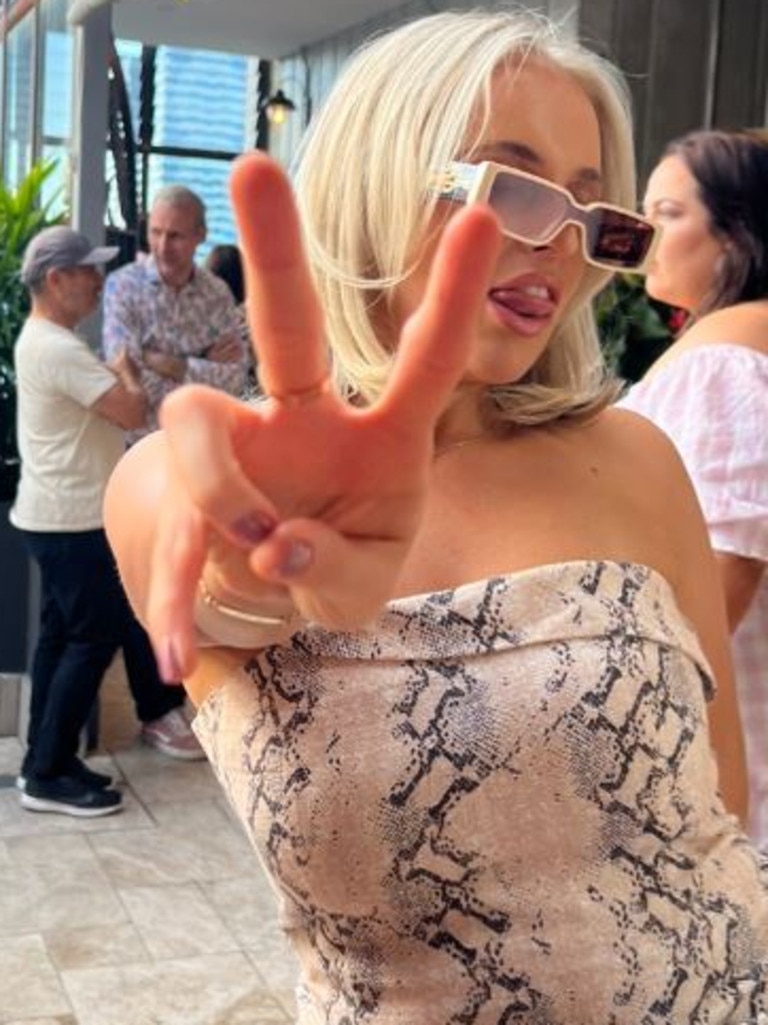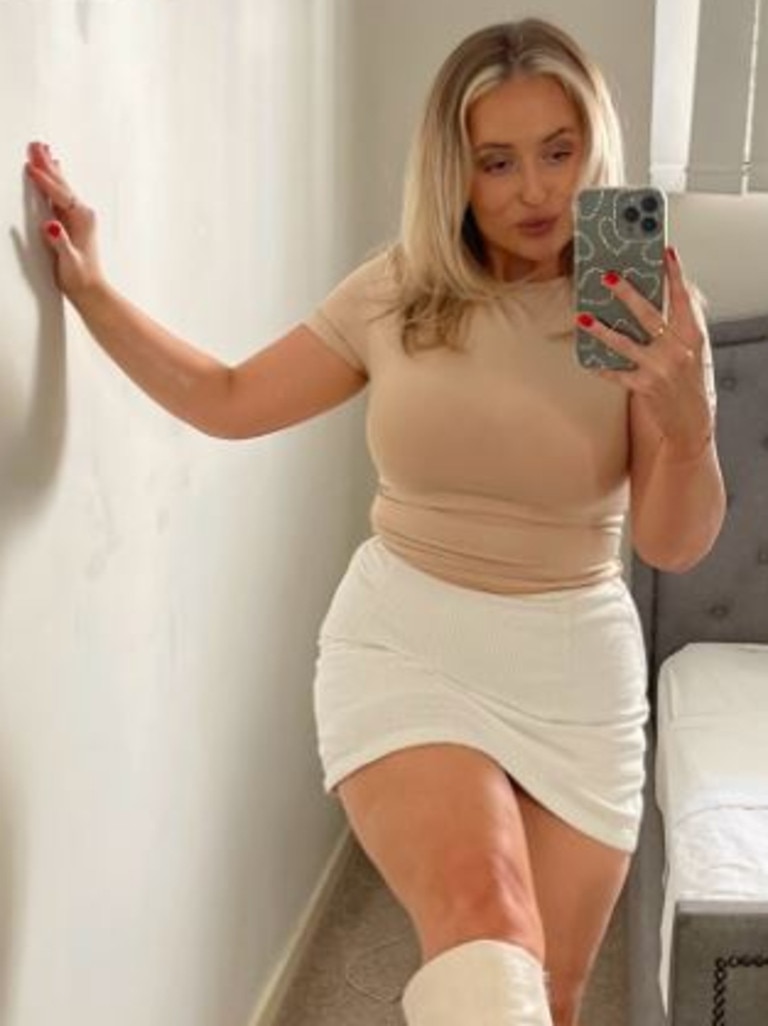One conversation at a bank reveals just how hard it is to buy
Erin should be in the perfect position to buy her first home, but one bank conversation has proved just how impossible it is.
On paper, this young couple should be in the perfect position to buy.
They have a combined income of $200,000, with steady jobs, and don’t spend beyond their means.
But whenever Erin, 28, looks at buying in her local area, she immediately feels it’s a hopeless pursuit and that she’ll never be able to own.
A decent income just isn’t enough anymore.
Many orindary Australians earn decent wages but thanks to high rents, they don’t have enough money to save for a deposit.
The average deposit buyers are putting down is now more than $100,000.
According to Proptrack’s affordability report, released last week, housing affordability is at a record low in 2024.
Rising interest rates and house prices have made homeownership virtually unattainable, with prices increasing 6.6 per cent over the past year.
The report also found that it takes an average of five years to save for a house deposit, and of all the homes sold over the past year, a median-income renting household could only afford to buy 11 per cent of them.
Erin lives in Brisbane, and the suburb she’s renting is several kilometres from the CBD with a median house price of more than $1.2 million.
The three-bedroom apartment she and her partner rent is valued online at $1.3 million and was bought by the owners decades ago for just $200,000.
“The six per cent increase is just wild. The only buying that would happen for me is through inheritance at this point,” she told news.com.au.


Erin, who works full-time, is sick of people telling her that if she keeps working hard, she’ll be able to afford something soon.
“Your time will come, like when, babe?”, she asked.
Five years ago, when Erin first planned to move out of home, she was working full-time and already on a decent wage, so she went to the bank to see what she could borrow.
The 28-year-old said that going to the bank and being confronted with her limited borrowing power is not something she’ll ever forget.
“I had a conversation with the bank. I had like $20,000 in savings, I thought that was substantial, for what I was earning at the time, and he was like, the max you can borrow is $300,000,” she said.
“Mate, what am I f***ing going to buy with $300,000? There was nothing then, and that was five years ago.”
Fast-forward five years and although her salary has gone up, house prices have as well, and even with a partner, it still feels out of reach.
Erin said that when she and her partner discuss buying, it feels like a “taboo” conversation, one neither of them likes having because it is so depressing.
“I’ve said to him, I want to buy, I don’t want to keep renting,” she said.


The only slightly doable option is if they bought something regional, rented it out, and then stayed living near the city.
But that would they’d miss out on the First Home Buyer’s Grant.
“It is really s**t,” she said.
Erin explained that anyone she knows who bought property has had help from family or used inheritance money.
“I try not to think about it, purely because I feel a sense of jealously that some of my friends have places, and then they complain to me about their mortgage rates going up, but like, you have a f**king house,” she added.
“I’m still paying someone else’s mortgage and there’s a sense of hopelessness.”


Sydney real estate agent Amir Jahan said prices keep rising because of “emotional” first-time home buyers with rich parents who are prepared to overpay to keep their adult children happy.
Mr Jahan said it isn’t uncommon for him to sell a home to a young couple willing to pay more than market value for the home they want.
“They are emotional buyers. Young people who have help from rich parents will say, ‘I love this property,’ and their parents will help them get it,” he previously told news.com.au.
Young people backed by boomer money will do things like pay $1.5 million for a home that would have otherwise sold for $1.3 million, dragging prices up, he explained.
Mr Jahan said when properties sell for over market value, it always came down to “buyers emotionally falling in love with the property.”
Those buyers are usually from generational wealth and in a position to spend more.
The 28-year-old agent said this has a knock-on effect, and he often deals with “unreasonable and uneducated sellers.”
He will give a seller feedback on market value and what similar properties have sold for in the same suburb or even the same street, and they’ll still demand a higher price.
He said sellers will come up with a figure out of thin air — like $1.5 million — and let their property sit on the market until someone falls in love with it.






